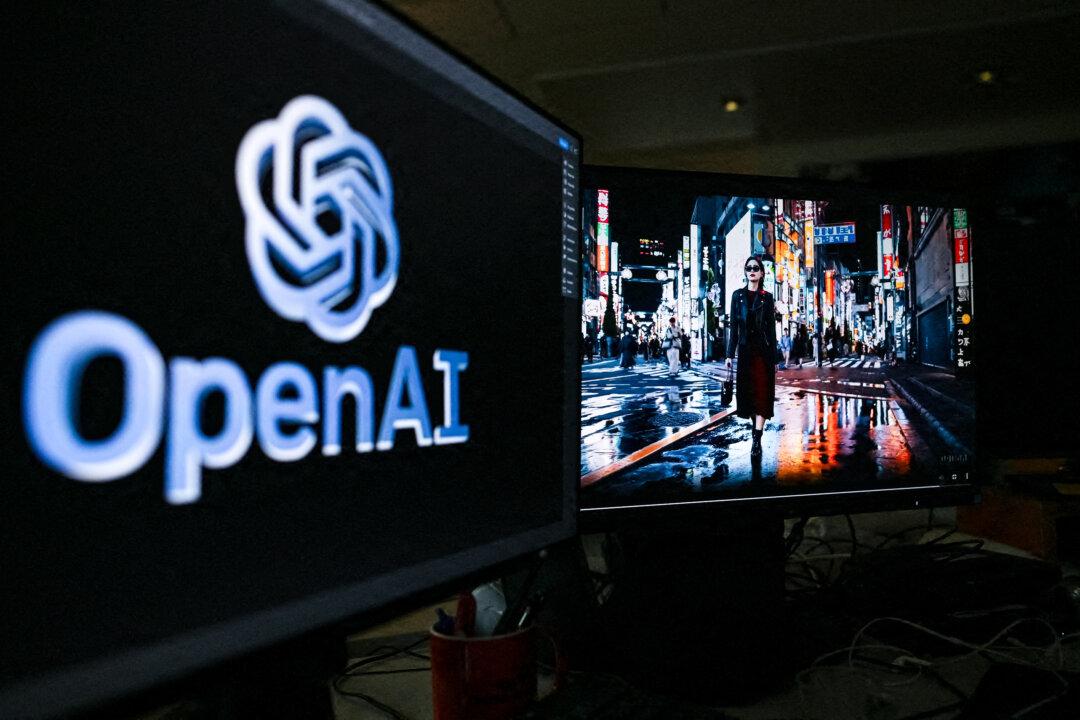A federal judge ruled on Nov. 7 that two independent news sites have failed to prove that there is “substantial risk” and injury from OpenAI using content to train ChatGPT writing software.
New York District Judge Colleen McMahon granted OpenAI’s motion to dismiss the complaint brought in February by plaintiffs Raw Story and AlterNet, the two online news platforms sued for copyright infringement.





